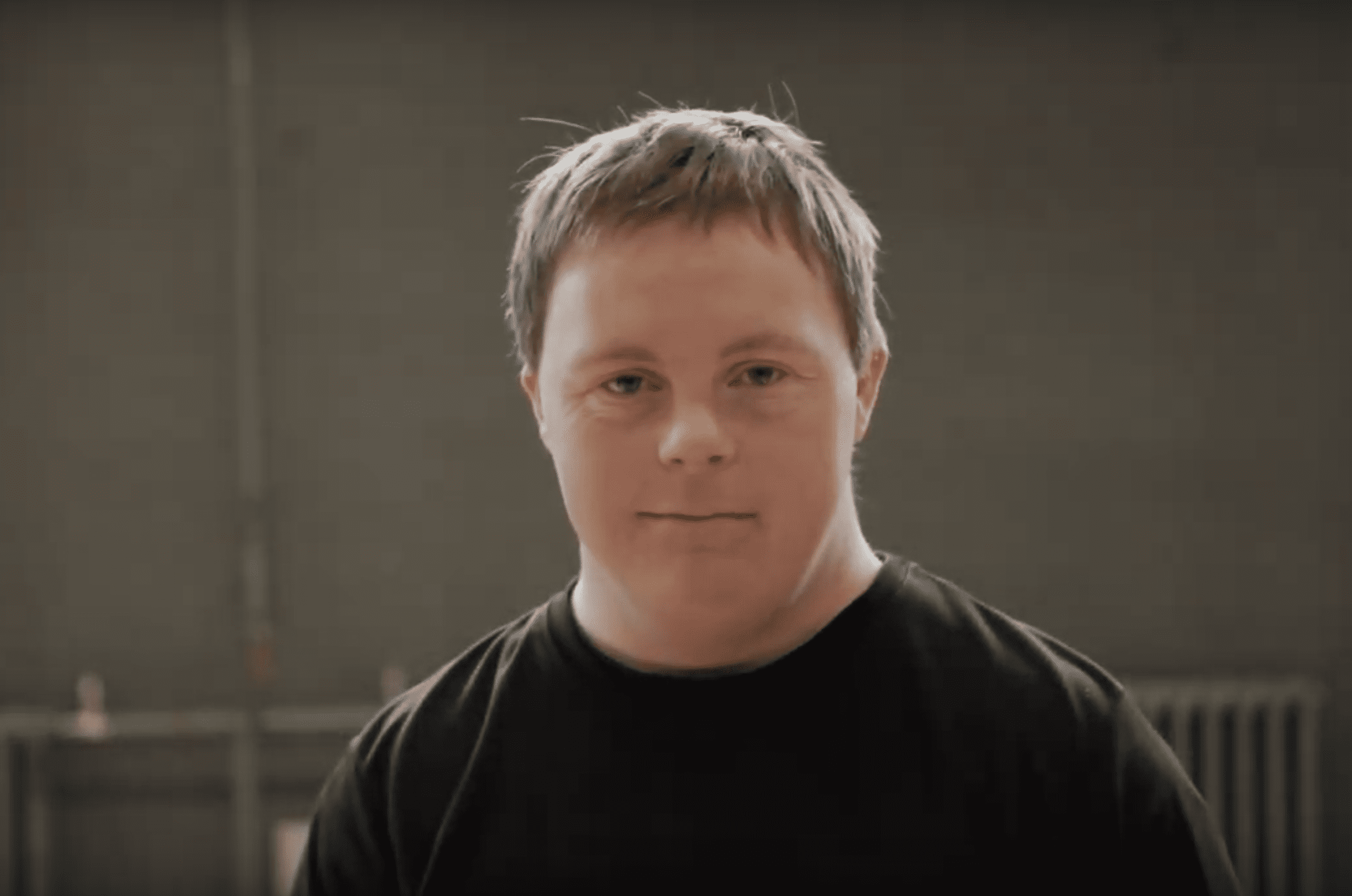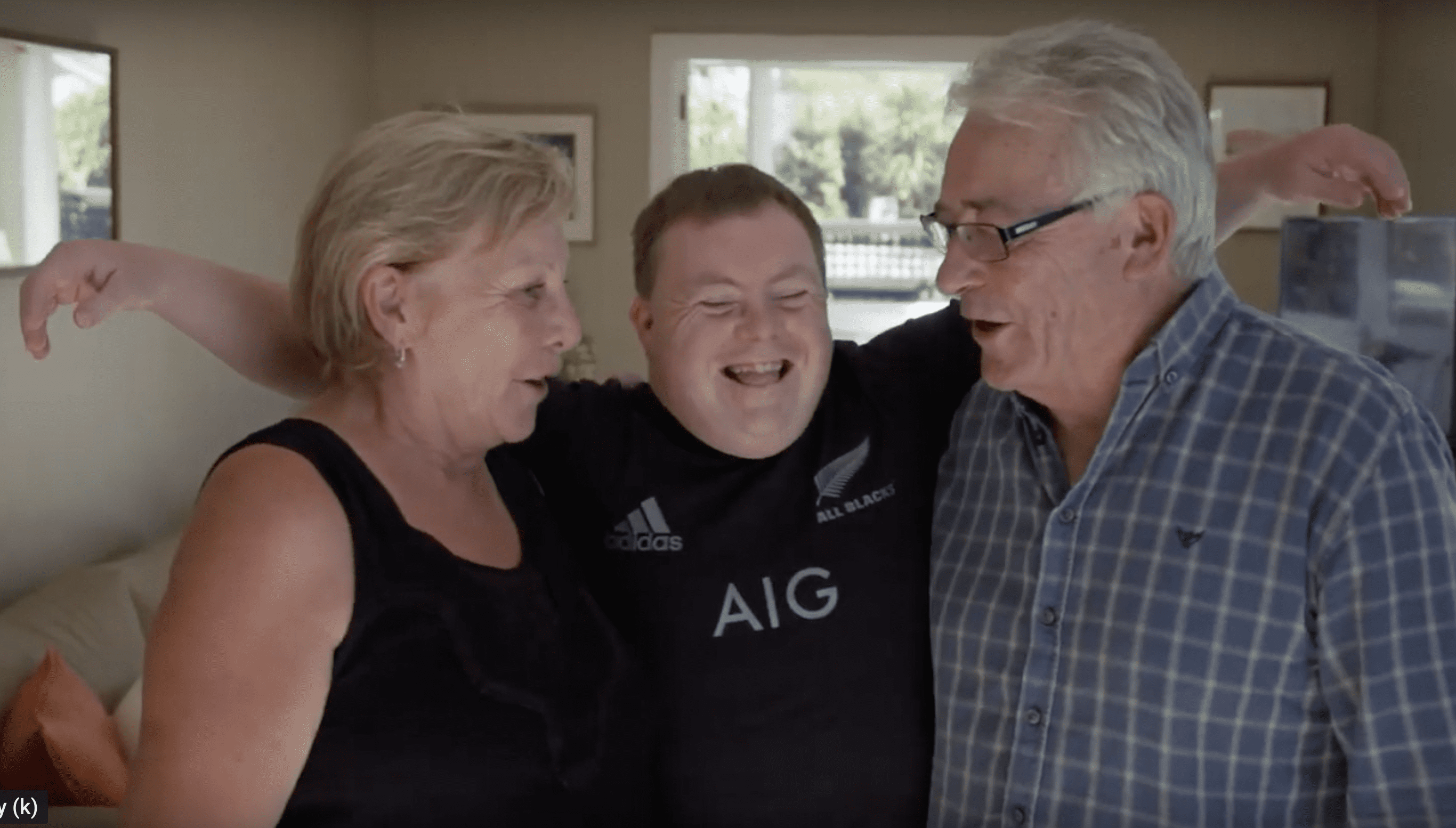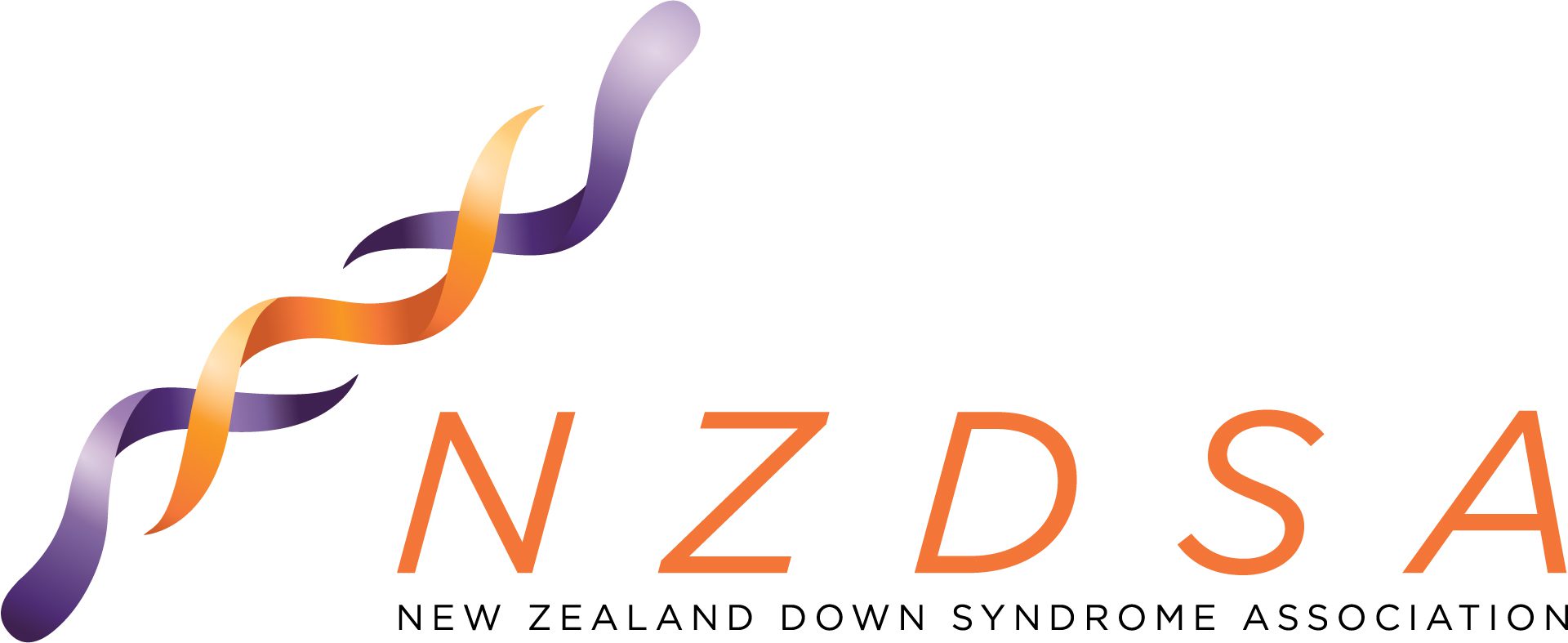Jolt Dance in Christchurch has teamed up with Belmont Productions to create the short film “The Call Me Sam” to offer a different perspective on disability, focusing on the individual rather than the diagnosis.
The short film looks at the life of Sam Stevens, a Jolt dancer with Down syndrome.
The film grew out of a performance created by Jolt Youth in 2017 called “I am Sam” which was created in response to new prenatal testing for Down Syndrome. In countries like Iceland, this testing has resulted in 100% abortion rates for babies with Down Syndrome.

“It is wonderful people can have choice, but the problem is the culture which is still really negative about disability,” says Lyn Cotton, the Jolt artistic director.
“Through Sam’s life we were trying to ask those really big questions like ‘what does it mean to human?”
The original show “I am Sam used dance, theatre and film, to portray who Sam is _from his birth and early life to the present day. Within that story we see Sam as an individual, not just as a person with Down syndrome.

The film They Call Me Sam uses dance scenes and rehearsals from that original production, as well as behind the scenes footage and interviews with Sam’s parents, other parents and performers.
“These dancers come through a society that has very low expectations, so we have to fight that,” says Cotton, who had hoped to first show the film in London this May.
Jolt Dance had been invited as special guests to the 40th anniversary of Amici Dance, one of the longest running inclusive dance companies, but due to the Covid 19 virus, these celebrations have been delayed. Jolt had fundraised and crowd sourced over $10,000 to take their dancers to England and Cotton says those funds will be held until a new date for the Amici event is announced.
In New Zealand, the film will be distributed to medical people like radiographers, midwives, nurses and doctors, to educators and trainee teachers to raise expectations, to schools and to the disability sector as a celebration of strength and being different.
“The experiences of our parents and other people within New Zealand to a Down Syndrome diagnosis continues to be negative,” says Cotton. “It focuses on all the problems that may occur. It is a culture of fear instead of expectation. It is also a culture that sees the disability as the most important factor in determining who a person is.”
“We want this film to offer another side to the story. Sam’s life is one of purpose and love,” says Cotton.

Sam’s father Tom features heavily in the film, but unfortunately passed away recently before he could see the end product.
In the film he points out that most of us are stressed and can only see the problems ahead of us. “But not to one of these kids. Perhaps we should be more like them,” said Tom.

